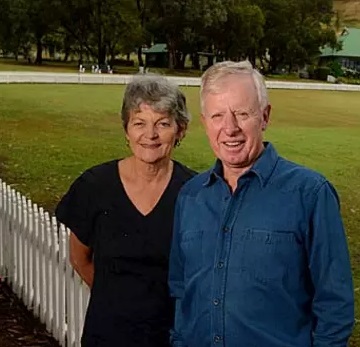
8 Followers
In country regional cricket men often play with teenagers. How does this affect leadership and captaincy when there is an understanding that cricket is a platform for personal growth beyond the boundary?
Partner Sponsors
Responses
James
Assuming your question can be condensed into: “any tips for captaining teenagers in adult competitions” ….. here goes:
By luck, as a youngster I joined a team that had in it the recently deceased Brian Booth, then a 4-year Test player in his early 30s, about to be Test captain.
Six of that team were over 32, the other six under 22, four of them teenagers. We youngsters were in awe of Brian as much for the way he conducted himself as for his cricket skill.
There was no rank-pulling. He didn’t demand he field in slips. He chased every ball as hard as we did. He treated us as adults. He encouraged us, listened to our unsophisticated cricket talk. If he thought our views needed broadening, he’d tell us what he had learned, and left us to to think about it.
He didn’t sledge the opposition, in fact he spoke to them at afternoon tea-time, before the game and after the game, and encouraged us to do so. He never swore, never lost his temper, but always seemed to behave normally as if out on the street. That meant we could talk to him quite naturally and hear of his experiences in cricket and in his workplace.
The other older players followed his lead, and out of it came a happy team, where older and younger players interacted easily and stayed friends long after cricket days. The same applied as other teenagers joined Brian in the team in years to come. All in fact flourished in life beyond the boundary.
Hope that helps.









You couldn’t have been much luckier with a role model. Good tie in with country regional cricket too because Brian was a Bathurst boy ( Perthville). You youngsters most likely benefited from lessons Brian learned playing cricket in the country with men as a youngster himself.
From age of about 13 he would have been playing (cricket and hockey) with honest hardworking men, farmers, train drivers teachers & builders who loved the game who knocked off work to play. He would have some great role models himself that showed him the way. City kids seem to come into seniors at around 16, so the country kids get 3 extra years of mentoring from men, at a very impressionable age.